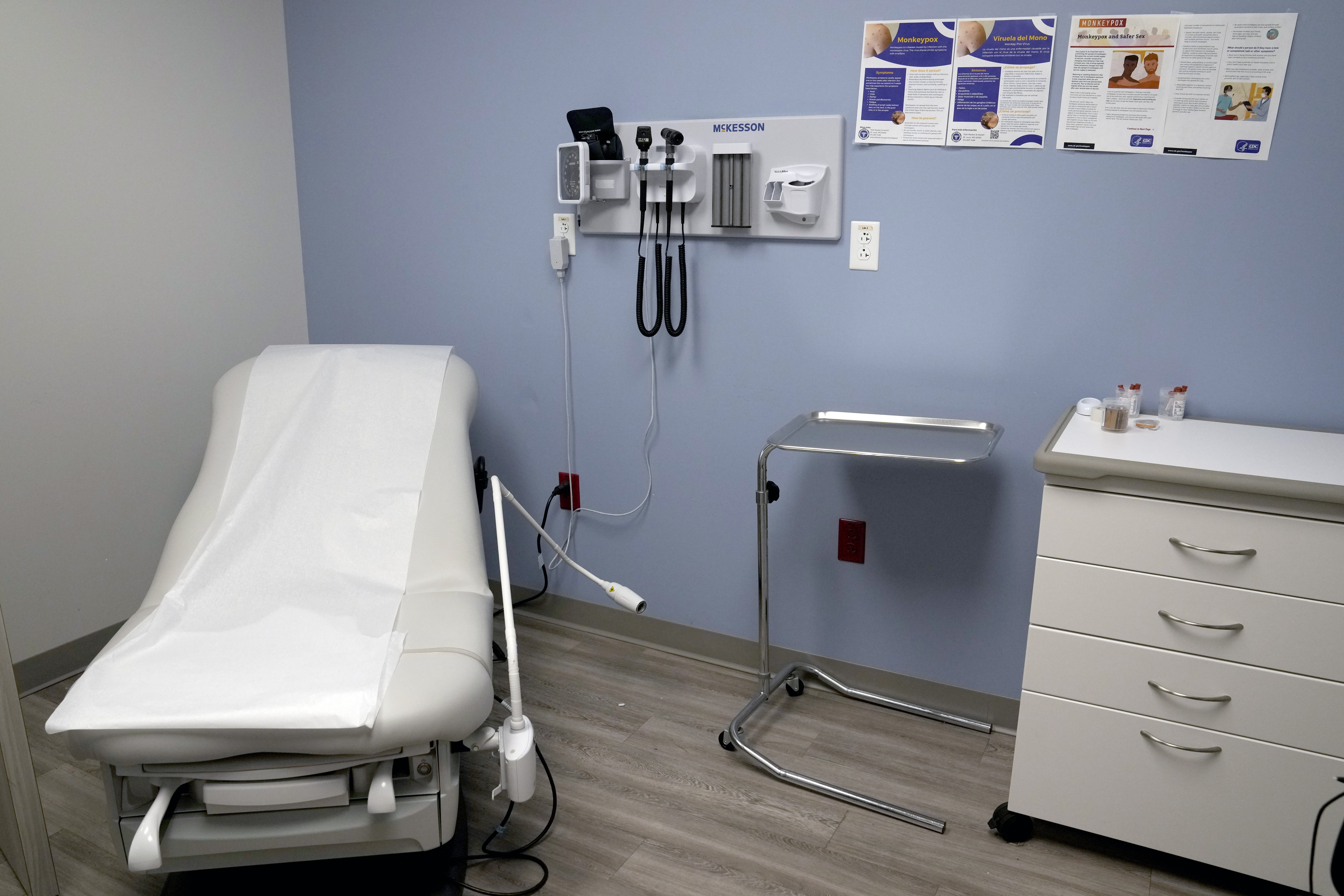A judge has set a Jan. 11 trial date for a federal lawsuit challenging California's gay marriage ban. The proceedings will showcase expert witnesses on topics ranging from parenting to the relative political influence of gays.
In setting the hastened timetable, U.S. District Judge Vaughn Walker called the case "a matter of huge importance for the people of this state" and indicated he would not tolerate legal maneuvers that could delay its resolution.
At a status hearing Wednesday, U.S. District Judge Vaughn Walker encouraged legal teams on both sides to make quick work on the case in order to be ready by the first of the year. He told them to immediately begin interviewing each other's potential witnesses and start exchanging evidence.
With swiftness partly in mind, the judge also barred several advocacy groups from joining the lawsuit.
Three gay rights groups had petitioned to join on the plaintiffs' side, and an anti-gay marriage group had asked to intervene on the side of Proposition 8 supporters. Walker denied their petitions but did allow the city of San Francisco to join the case, but only to assess Proposition 8's impact on local government.
Plaintiff attorneys David Boies and Theodore Olson had requested that all those parties be excluded, saying it would needlessly delay the case's resolution.
The judge also took time to take a swipe at Gov. Arnold Schwarzenegger's position.
"I must say I'm surprised at the governor's position in this case," Walker said. Adding that he saw it as an important subject to the people California.
Legal experts say the trial is likely the first step in a lengthy appeals process that could end up in the United States Supreme Court.
Chief Deputy City Attorney Terry Stewart said that during the trial the city planned to call witnesses who could testify about the public health costs of treating gays and lesbian families who feel discriminated against.
He also ordered California Attorney General Jerry Brown's office to work with the city's lawyers in providing testimony on how the voter-approved measure affects state government.
Brown was named as a defendant in the case, but has taken the rare step of refusing to argue for upholding the voter-approved ban.
U.S. & World
Proposition 8, which passed in November with 52 percent of the vote, overruled a decision five months earlier by the California Supreme Court that briefly legalized same-sex unions in the state.
The state Supreme Court nonetheless upheld the ballot measure as a valid exercise of the citizen initiative process under the California Constitution.
The federal lawsuit, which was brought on behalf of the gay couples by Olson and Boies, argues that Proposition 8 must be struck down as discriminatory under the U.S. Constitution. Olson and Boies reiterated Wednesday that they expect the case to eventually reach the U.S. Supreme Court.



